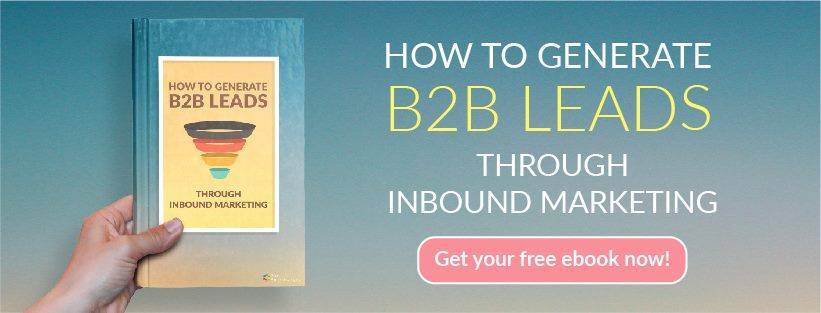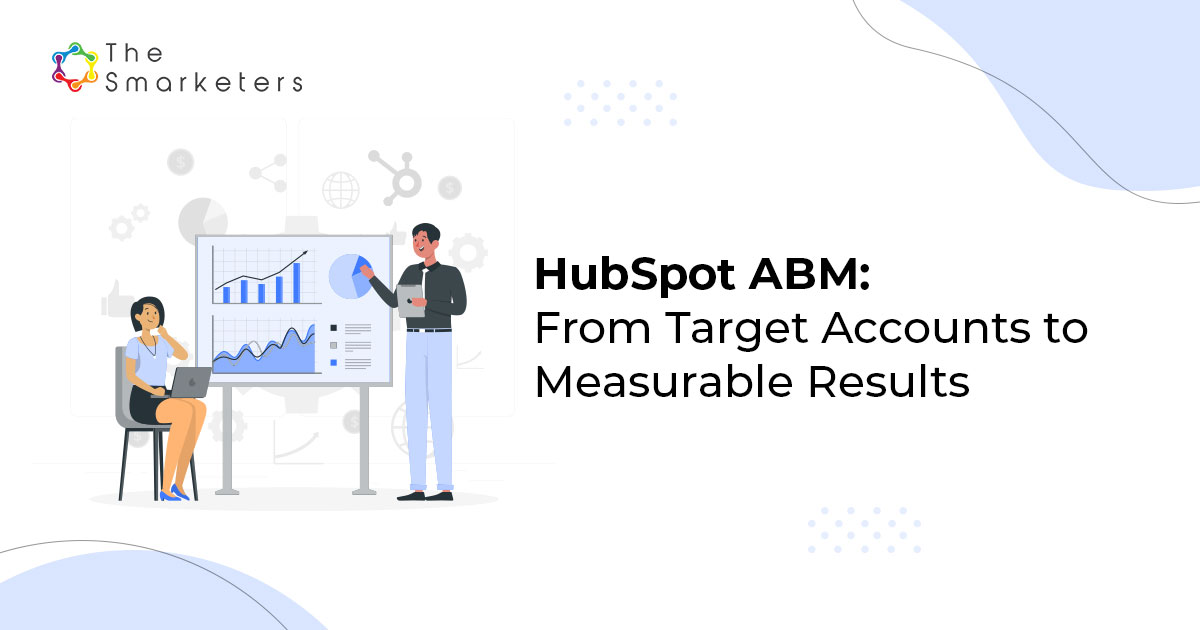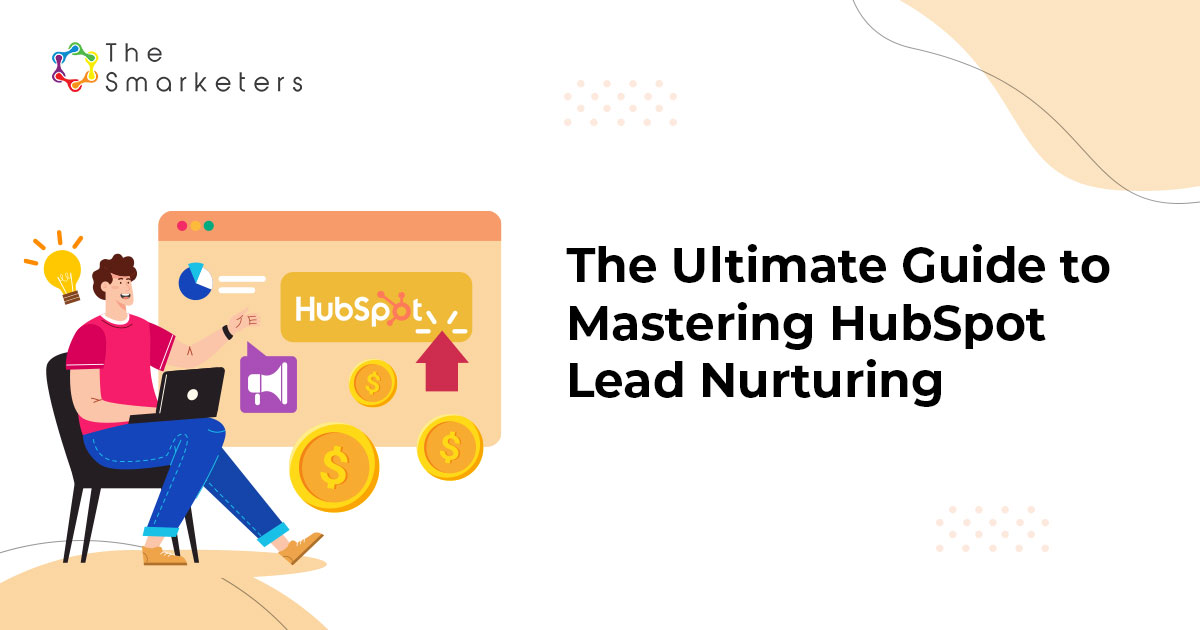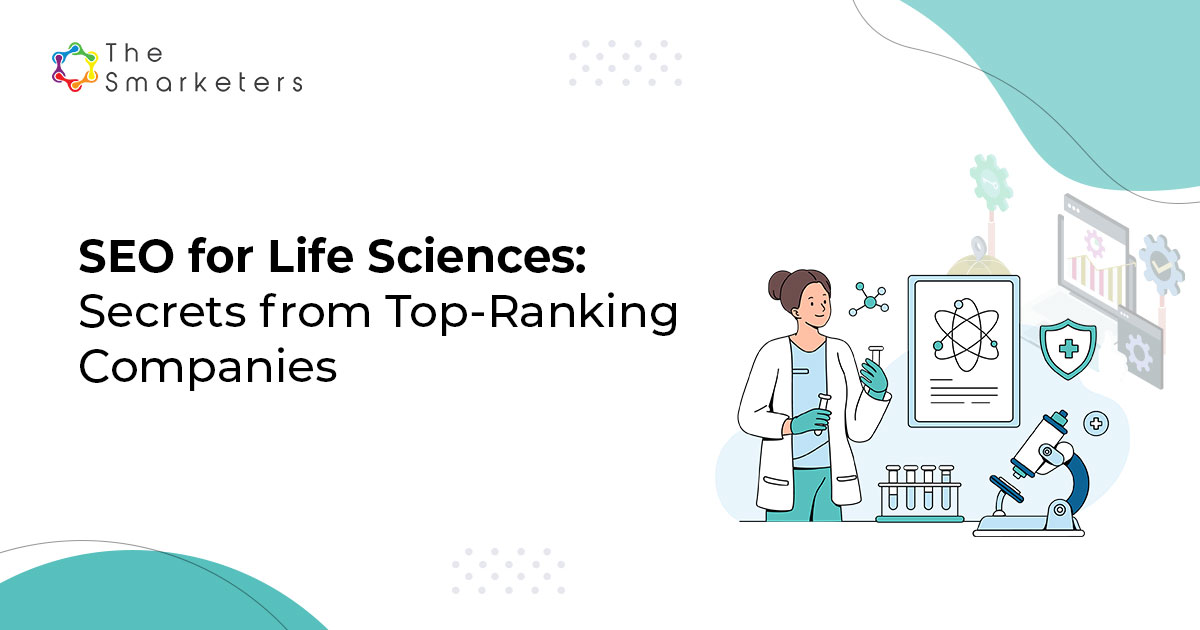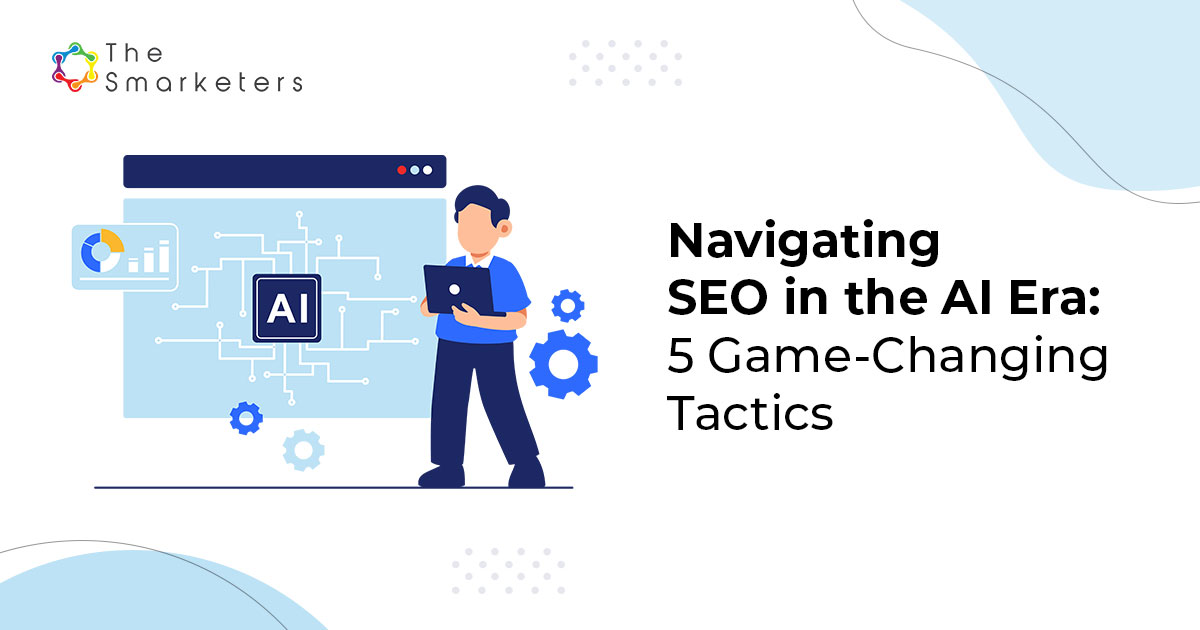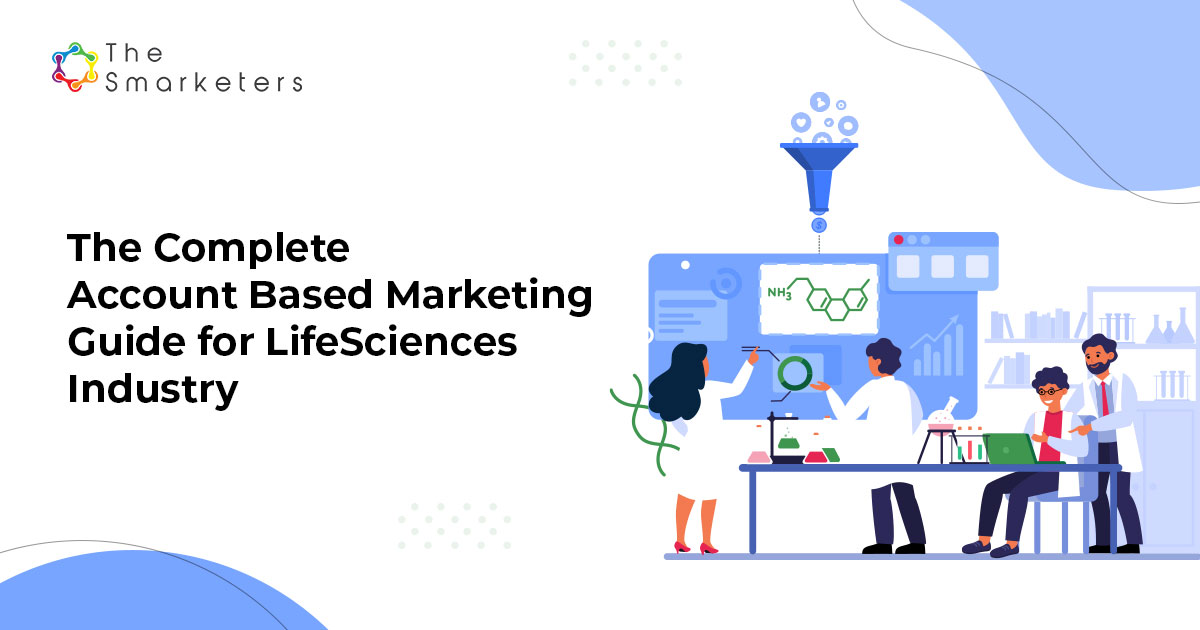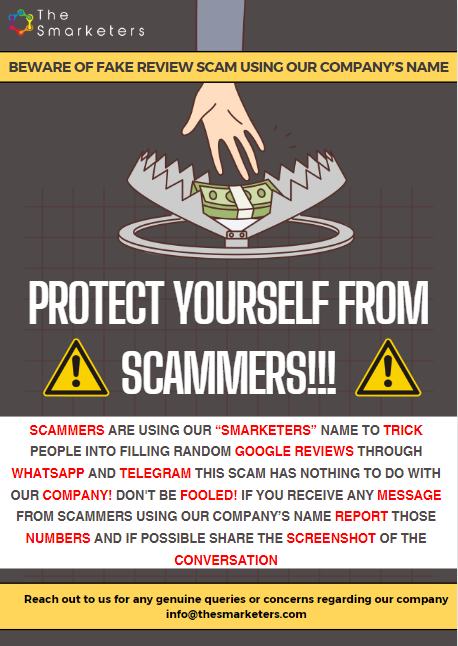‘Yes, of course!’ is the answer to the question — “Is the Manufacturing Industry Ready For Inbound Marketing?”.
However, let’s face the reality for a minute. Only 1% of manufacturing marketers believe that the application of inbound digital marketing would help their bottom lines. While this is a sad state, there are still 99% of them who need to benefit from the advantages of inbound marketing
Manufacturing marketers seem to face some challenges like proving marketing ROI, managing websites in an agile manner, and targeting an international audience with relevant content. All these can be resolved with the adoption of inbound marketing.
In the context of B2B marketing and the application of inbound marketing to it, we see that Inbound marketing is a pre-screening process involved in the bigger picture, which is Account-Based Marketing. Account-Based Marketing uses some of the existing inbound marketing services, optimizes them, and delivers to achieve targeted sales, a high-quality customer pipeline, and a better return on time resulting in a better ROI.
Inbound marketing coalesced with Account-Based marketing helps you eliminate multiple layers of communication with the decision-making teams on the customer end and aligns sales and marketing teams within your organization. This helps in uniting the organization to work towards a common goal.
Myth Breaker
Also, most manufacturing marketers carry a myth. The myth is that most of the manufacturing customers and prospects are not online.
But, here is a myth breaker for those manufacturing marketers.
94% of B2B buyers use online search as they make purchase decisions. If you are someone who uses primary market information to validate your decision, you would have read this statistic earlier in 2014 itself, on more than a dozen websites preaching about inbound marketing. This just makes it comforting enough that it is worth investing time and money in inbound marketing.
But, here is the latest you should know. 78% of manufacturing content marketers use some form of inbound marketing. We are referring to the businesses that sell bulky and expensive machinery or exclusive machinery replacement parts or a distributor who caters to a manufacturing niche.
Typically, selling manufacturing commodities or custom goods involves a longer sales cycle. Inbound marketing helps in shortening the sales cycle by educating the customer even before they meet your sales representative. It allows standardization, yet personalization of educative content that acts as a lead magnet to explore more about your product and business.
To validate whether the manufacturing industry is ready for inbound marketing or not, we have charted out a sequenced analysis for you.
 State of Inbound marketing among manufacturing marketers
State of Inbound marketing among manufacturing marketers
Among the 78% mentioned above, a segment of manufacturing marketers uses email newsletters, social media content, pre-produced videos, and in-person events as inbound marketing means.
Already those who have seen a positive impact of inbound marketing on sales are now shifting their focus towards employing efforts in building brand awareness too.
Social Media Preferences
Through a survey conducted by Content Marketing Institute, it has been revealed that Youtube has overpowered the ranking in comparison to Linkedin in the last few recent years. While Linkedin and Twitter still top the list with Youtube. More and more manufacturing marketers are investing in Youtube for branding and lead gen. Among the shifted trends, the most interesting fact is that though 89% of manufacturers utilize LinkedIn, only 54% find it to be an effective marketing platform versus YouTube’s 66% effectiveness rating
Lead Generation
Inbound Marketing is considered a great tool to initiate your Lead generation engine, using unique content that is helpful to your target audience. Features like automation and personalization enable the lead generation process in attracting qualified leads that carry a higher probability to convert into a sale.
Content Marketing
Content that is mostly considered as a subset of inbound marketing seems to have a higher influence on a manufacturing marketer in achieving results. 85% vs 81% of the marketers would employ content marketing as a part of the inbound marketing plan. There will also be an increase in the quantity of content production over the last few years.
Adoption of a Plan
As per CMI, 77% of those marketers seem to have an inbound marketing plan in place, out of which 31% of them have a documented plan with them.
Marketing Technology
Marketing technology solution providers have already emerged to allow agile marketing management in the manufacturing industry. Oracle marketing cloud and Hubspot are some of the popular players who offer technical support in implementing inbound marketing for manufacturers.
By implementing inbound marketing, on the whole, manufacturing marketers will be able to experience more informed sales calls, better lead qualification, thought leadership, prospect targeting, and more efficient marketing spending.
Here is what we have for the manufacturing marketers.
We are cognizant of the fact that manufacturing is very different in structure and behavior when compared to those industries that have adopted inbound marketing. However, by emancipating the myth believers who still rely on traditional marketing techniques, inbound marketing will see fast adoption.
This is not another marketing hype, but the industrial manufacturing brands will experience automation, personalization, and better customer engagement with inbound marketing. If you haven’t yet contemplated applying a digital strategy, we have drafted an exclusive guide about Driving Sales with a Digital Strategy for Manufacturing Marketers.



